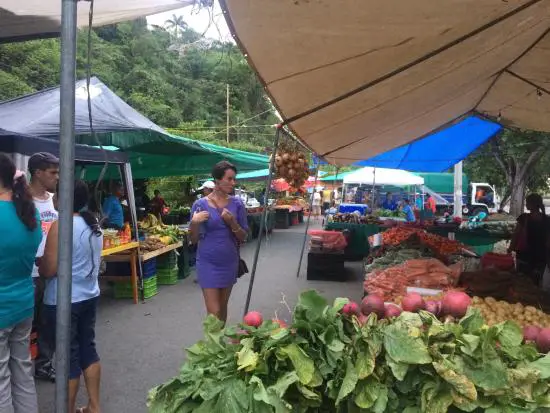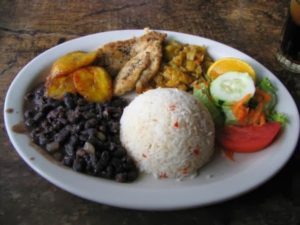Costa Rica is a country beyond an amazing biodiversity and incredible landscapes. Its people have also focused on creating awareness in everything that has to do with food; that is, what is produced and what is consumed.
In this regard, there are lots of fairs where both Tico producers and consumers keep a pleasant feedback. The Green Fair of San José is one of them. There people can delight in organic products, crafts, and healthy activities such as yoga.
In addition to San José’s fair, there are also the community fairs held by the Asociación de Comunidades de Guacimal, in Puntarenas, where creole seeds are shared among them every Saturday.

In the most recent fair, Ramon Vera from México, who is a member of GRAIN, an international organization that has been working since the 1980s by motivating and giving support to farmers and social movements with the goal of achieving targeted food systems, participated by means of lecturing in biodiversity and promoting community awareness.
Vera expressed in the activity his experiences in other communities of Latin America, related to the defense of native seeds, territories, and applied knowledge.
Likewise, Rafael Jiménez, one of the members of the Association of Guacimal Communities, talked about the century-old seeds that are moved from generation to generation, improved and adapted from the peasant culture.

It is worth mentioning that the community fair of Puntarenas also includes dances, bingos, and traditional dishes that leave visitors with a desire to return. In Santo Domingo, residents support efforts to reduce the consumption of single-use plastic bags at the Farmer’s Fair.
Regarding this initiative, driven by Vivian Steinvorth, leader of the Urban Ecological Group, it was announced that the goal is to make this good practice known to all farmers’ fairs. Actually, through these fairs workshops can be carried out with vendors to discuss problems affecting the communities; for example, the 400 kilos of plastic bags per month that are spent, which generates a huge cost for farmers.
In sum, every space of the fairs in Costa Rica is unique. And this is possible thanks to organizations that continue to work for food, education, and cultural development, not only at a national level but also all over Latin America. Bravo for them!
